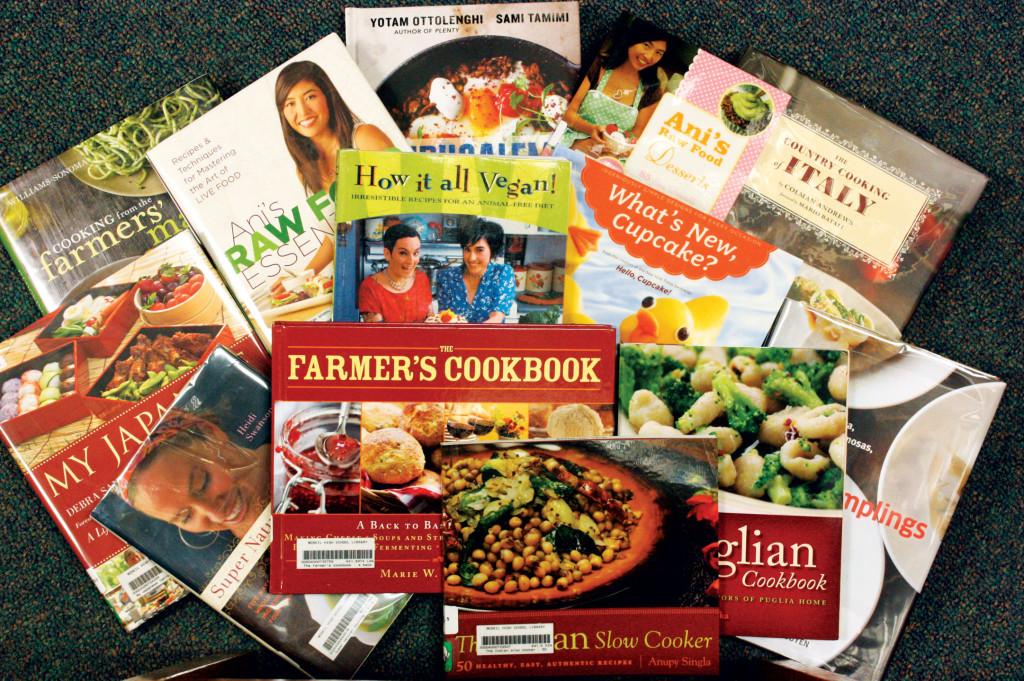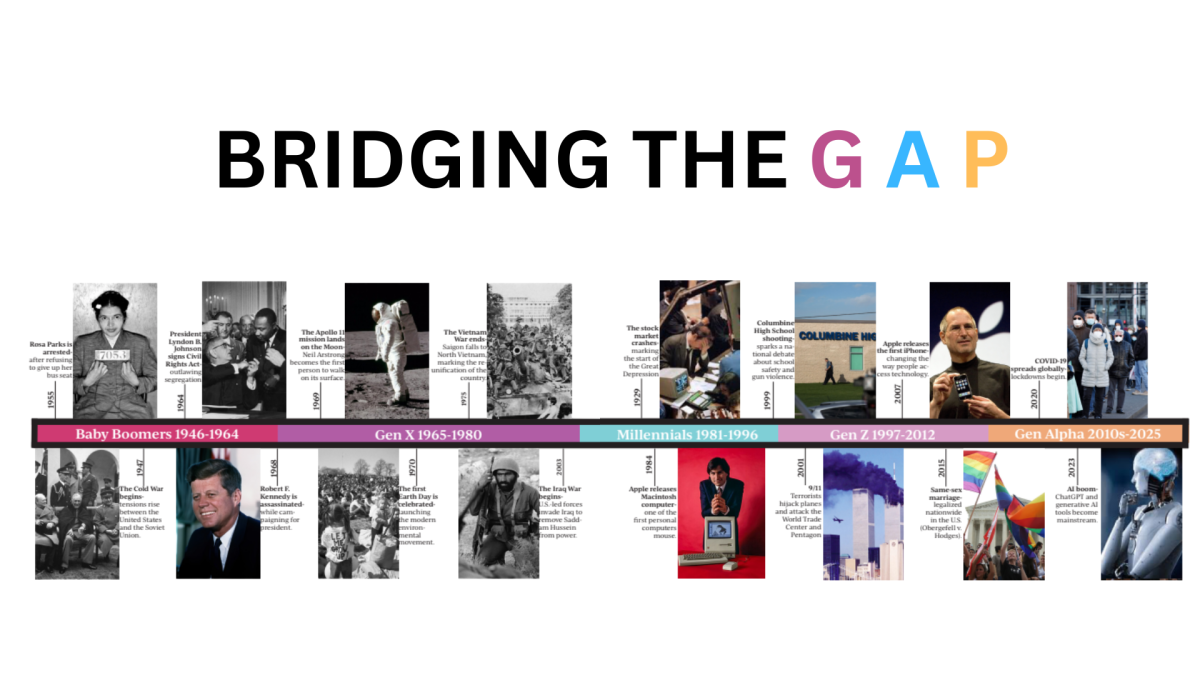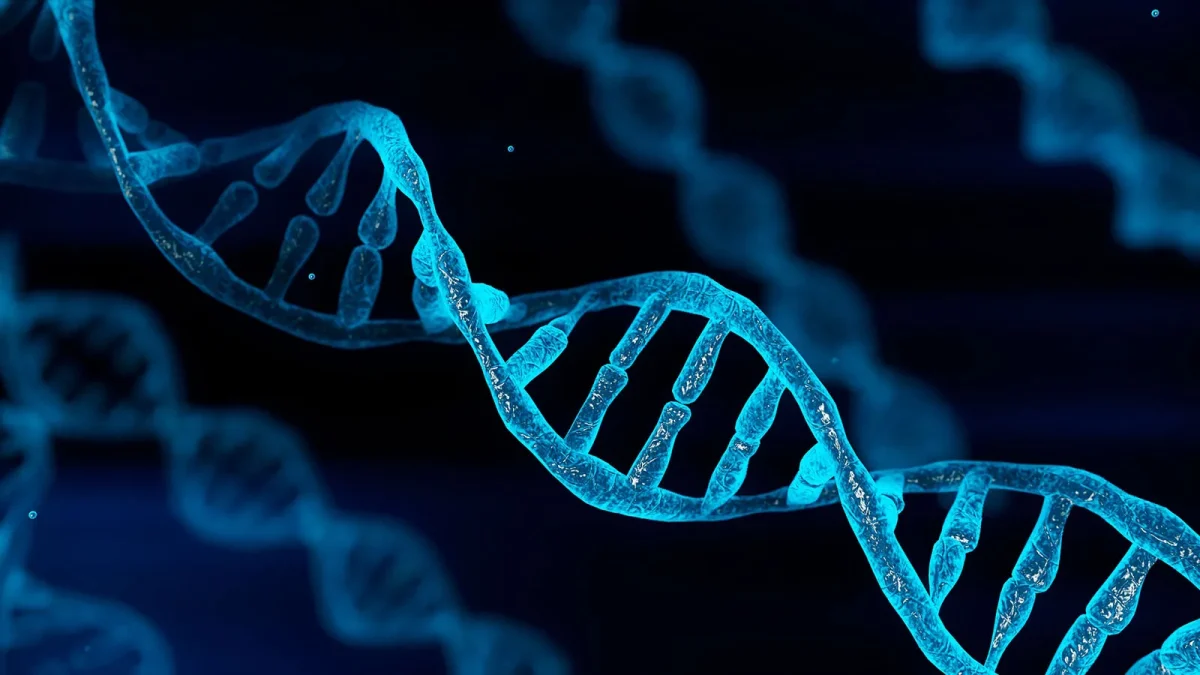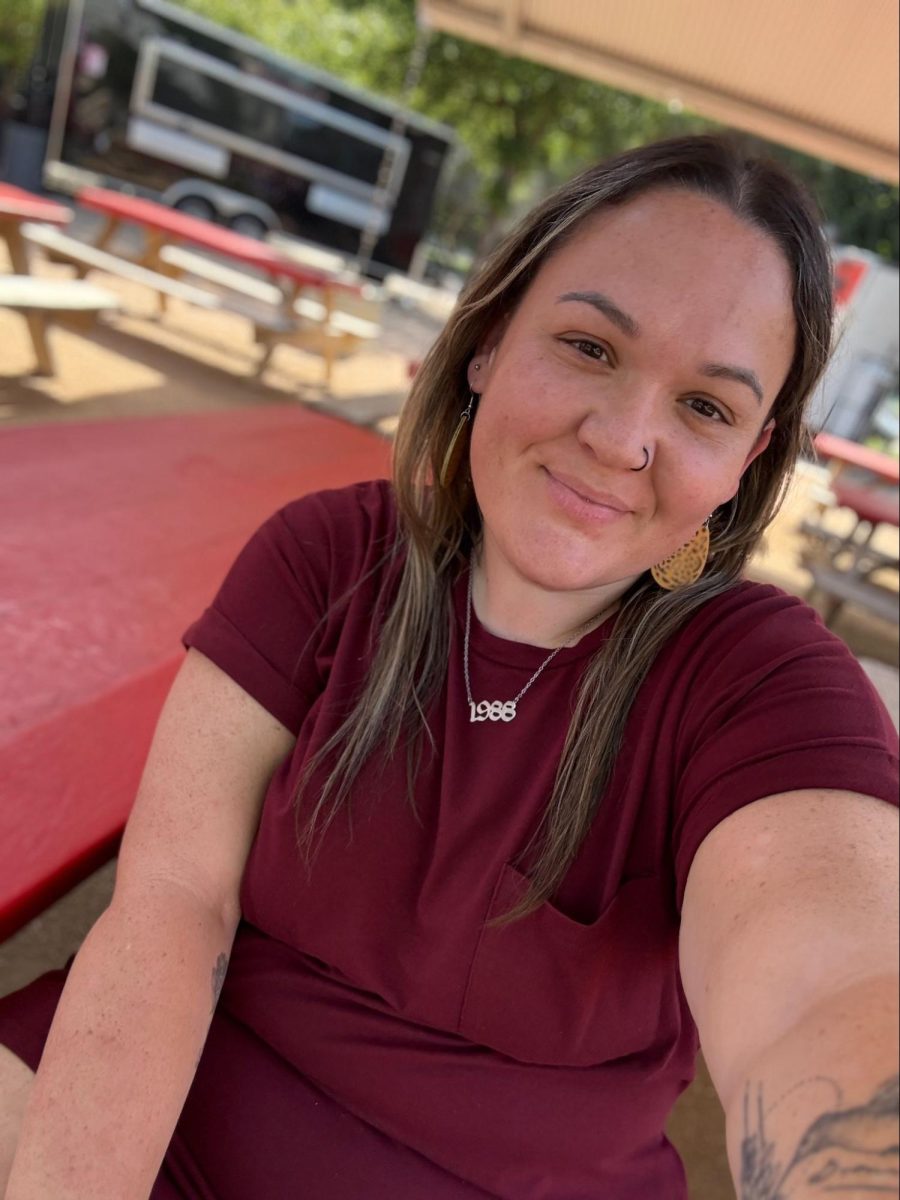A diet can be also considered a lifestyle, the way way a person eats affects his or her lifestyle.
There are a vast amount of different diets that many people are not aware of which results in a lack of understanding about certain types of diets which breeds a lack of knowledge or awareness in general.
Here are the definitions/explanations of some diets:
A vegetarian diet does not consist of any sort of meat (which includes red meat, seafood, and poultry). It is focused on fruits, vegetables, seeds, nuts, legumes, oils, grains, animal products such as milk, cheese and eggs.
A semi-vegetarian or flexitarian diet is similar to a vegetarian diet but it does occasionally consist of meat (including fish). In other words, it is a vegetarian who occasionally consumes meat.
A vegan diet is similar to a vegetarian diet but does not consist of meat or animal products, for example animal milk, eggs, honey, gelatin and lard.
A raw diet consists of raw animal meat and raw animal products, for example uncooked chicken, steak, eggs, honey. It also consists of raw fruits, vegetables nuts, seeds and other plants.
A raw-vegan diet is similar to a vegan diet but does not consist of any animal products/meat, and is based on consuming raw (which means it is uncooked) and unprocessed foods.
The 80/10/10 diet by Dr. Douglas Graham is a raw food diet that focuses on consuming a low fat plant-based diet that follows the ratio 80/10/10 (80 percent carbohydrates (ex. fruit), 10 percent protein (ex. vegetables) and 10 percent fat (ex. nuts and seeds)).
A fruitarian diet is a diet which predominantly consists of raw fruit and sometimes nuts, seeds and grains. Also, it focuses on eating foods that when harvested the plant itself does not die.
A pescetarian diet is vegetarian based diet without the any sort of animal meat with the exception of fish and shellfish (seafood).
A lacto-vegetarian diet is based on a vegetarian or vegan diet that consists of dairy products but no other animal products.
An ovo-vegetarian diet is centered on a vegetarian or vegan diet that incorporates the consumption of eggs but no other animal products.
Paleolithic (or “Paleo”) Diet, also known as the Caveman Diet, is focused on consuming the food found in nature such as game meat, fish, vegetables, wild fruits, eggs and nuts. This diet is high in animal fat and proteins and low in carbohydrates.
A liquid diet is based on just consuming liquids (for example water, juice, smoothies, broth and tea. There are many specific kinds of liquid diets like a juice or smoothie fasting diet where for a period time you consume only juices of plants like fruits and/or vegetables.
A macrobiotic diet is similar to a vegan one and is focused mostly on consuming whole grains, vegetables, beans/legumes and soybean products. It emphasizes on eating whole, “living” foods.
Overall, there are many ways to feed the body, soul, and mind. Everyone is different and so is their diet. If you intend to switch or change your diet you should learn as much as you can about your body, health, nutrition and the different standpoints of certain diets. This will enable you to have a clear understanding of what certain diets are and what you need to survive. If you don’t you are putting yourself in a position where you can hurt yourself or make harmful mistakes.
You don’t have to follow a specific diet either. Make it what you want. Do what is good for you whether its having a diet of a little bit of meat and tons of fruit or just tea (and water) and plants. Everyone is different and will react differently to certain diets. Just whatever you do educate yourself and don’t fall into peer pressure to do something.







